Listen to this article 3 min
Doctors, nurses, and other health care practitioners are there at some of the best and worst moments of our lives — when babies are born, when pain is relieved, when we learn our loved ones are gravely ill or have died. We place our physical and mental burdens into their care. We place our trust in them and give them our hopes and fears. And this is why, for a quarter century, MBJ has honored these medical professionals in our annual Health Care Heroes awards.
Here are the finalists in the Health Care Providers-Physicians category of the 2023 Health Care Heroes.
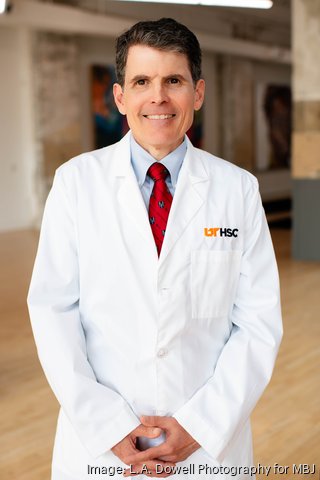
Dr. Jim Bailey
Robert S. Pearce Endowed Chair in Internal Medicine and professor, Medicine and Preventive Medicine, UTHSC
With 40 years in the field, Dr. Jim Bailey provides adult primary care, trains doctors and researchers, contributes to population health science, extends care into the community, and empowers people to take charge of their health. And he’s certainly heard a lot over those years, including misconceptions.
“People falsely believe that doctors save the most lives through high-tech hospital care,” Bailey said. “They are unaware that essential primary care like hypertension control saves far more lives.”
On the other end of the spectrum, Bailey’s most memorable career moment was the launch of the Tennessee Population Health Consortium in 2021 and seeing the engagement, participation, and leadership of primary care providers and their health systems across the state.
He especially loves the variety his profession affords him: the balance of direct caring for individuals and communities and the opportunity to advocate for better care through his work and writing.
As for something he’d change: move health care from being centered on hospital-based rescue care to being truly centered on patient and community needs. Speaking of community needs, Bailey gives back by being a mentor and faculty member — teaching aspiring healers about the art of medicine and how to be an effective healer within a flawed health care system; and, as a scientist, by researching, discovering, and sharing best evidence to improve health outcomes.
What advice would you give someone entering your field? Don’t give way to cynicism. Remember why you are here; the good reasons you came to this work in the first place. In medicine, it’s all about service; better serving the health of your neighbor.
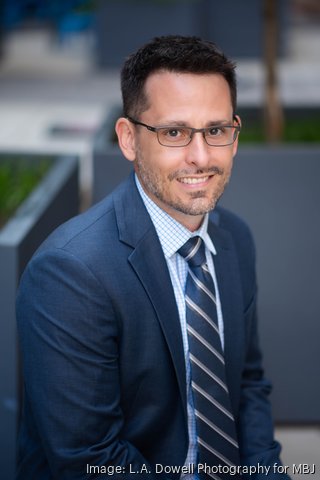
Dr. Matthew Ehrhardt
Associate faculty member, St. Jude Children’s Research Hospital
If you’re entering the medical field, Dr. Matthew Ehrhardt advises to “do it for the right reason(s).”
His reason? The privilege to help patients and families navigate incredibly difficult challenges.
“If yours are genuine, every day will be a gift,” Ehrhardt said.
A workday for Ehrhardt involves clinical care, including patient visits and communicating with referring providers, plus leading or participating in research and data analyses to advance the field.
“Pediatric oncology, including long-term care of adults who survived pediatric cancer, allows me to enjoy a nice blend of both populations, capitalizing on the training I received in each to hopefully maximize the impact I’m able to make on patients and families,” said Ehrhardt, who’s dual certified in adult and pediatric medicine.
If he could change one thing about the field, it would be to recenter efforts on patients through a medical- rather than business-oriented lens — think: administrative tasks, documentation, reimbursements, technology — by restructuring the system to value and reward those behaviors and interactions.
Losing a dear patient recently taught Ehrhardt about living, reminding him of the importance of hope and perseverance, family and friends, and what it means to approach life with purpose and urgency.
What are ways in which you give back to your profession? I have been fortunate to volunteer at camps for children with cancer and to work with families and survivors during and after the cancer experience in order to navigate the return to “normalcy.”
However, among the most rewarding opportunities has been the chance to work with the next generation of clinicians, hopefully helping them to learn not only the science but the art of medicine.
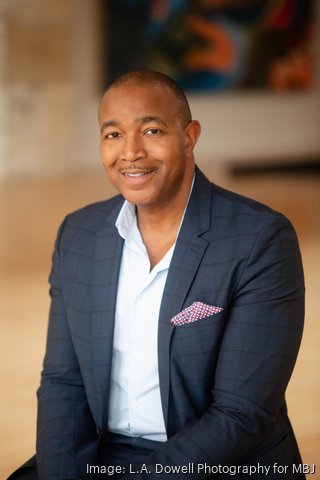
Dr. Lloyd Geddes Jr.
Medical director, Methodist Cancer Institute, Methodist Le Bonheur Healthcare
Dr. Lloyd Geddes Jr.’s favorite part of his job is witnessing patients ring the cancer-free bell — it “always ignites my spirit,” he said, as a significant milestone conquering an arduous cancer journey.
And, the cheers that follow serve as a beacon of hope for others.
It’s interesting when the doctor becomes the patient: Geddes’ own cancer diagnosis was a career-defining moment.
“As I underwent surgery, chemotherapy, and radiation, I gained invaluable perspective and a profound understanding of the physical, emotional, and psychological challenges that my patients face,” Geddes said.
His personal cancer journey continues to motivate him to advocate for advancements in cancer care that will improve the lives of those affected.
Geddes adds that being part of this dynamic field allows him to contribute to groundbreaking research, innovative therapies, and advancements in personalized medicine that improve survivorship and overall cancer care.
He calls it an honor and privilege to compassionately care for patients during their most vulnerable moments.
Geddes is also dedicated to educating and serving as a mentor to up-and-coming doctors and providers, participating in community health fairs, offering pro bono services to underserved populations, and engaging in outreach programs.
What are common misconceptions people might have about your profession? An inaccurate belief is that the majority of patients inevitably succumb to cancer. Early detection, screening methods, and breakthrough treatment extend lives and allow patients to thrive.
What advice would you give someone entering your field? Commit to lifelong learning. Cultivate empathy and compassion with every patient. Collaborate with colleagues. Take care of yourself and seek opportunities that spark your curiosity and enthusiasm.
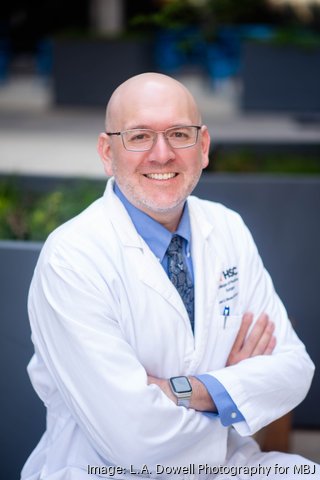
Dr. Evan Glazer
Surgical oncologist, Regional One Health; associate professor, Surgery, UTHSC
The medical field and surgical oncology, specifically, offer unique challenges and opportunities that Dr. Evan Glazer finds fascinating, rewarding, and exciting.
“As a surgeon, I use my mind and my hands to help people and serve the community,” Glazer said. “Every time I solve a problem, someone is better for it.”
And it hits close to home, as cancer has altered the lives of many of his family members.
Glazer’s workweek varies from seeing patients in clinic and operating to conducting research and teaching surgical residents and fellows. Double board-certified in complex surgical oncology and general surgery, Glazer focuses on high-risk cases involving the liver and pancreas.
“My field is about caring for people, working with people, and learning. I do not do anything alone. The field is about thriving in a team sport, not about any one person.”
What are ways in which you give back to your profession? I spend a lot of time working with the Society of Surgical Oncology (SSO) and the National Comprehensive Cancer Network (NCCN). Through the SSO, I help organize and lead efforts to improve surgical oncology care across the world. The NCCN defines the best practices for cancer care across the world, as well, so we work on guidelines and recommendations for all facets of cancer care. I also volunteer on the board of the Tennessee American College of Surgeons and volunteer with the Binaytara Foundation, a nonprofit focused on improving cancer care in both the U.S. and Nepal. I’m also privileged to work with students, residents, and fellows across the region. Finally, as part of UTHSC, my expertise and experience is available to help physicians across the state and the region care for their own patients.
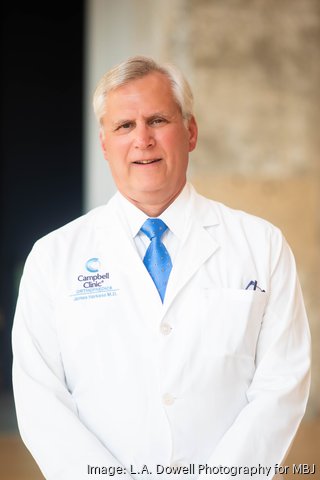
Dr. James Harkess
Orthopedic surgeon, Campbell Clinic and Baptist Memorial Health Care; associate professor, Orthopaedic Surgery, UTHSC
Though it seems people believe “orthopedic surgeons just want to operate, we actually like to see patients in the office, too,” said Dr. James Harkess, who’s been an orthopedic surgeon since 1988. He splits his time between surgeries, seeing office patients, and hospital committee meetings.
He especially loves hearing success stories from patients he’s helped, such as “seeing a patient who I replaced a hip or knee 35 years ago and hearing about how they have been able to live a pain-free and productive adult life. Those stories are immensely satisfying!”
Harkess also enjoys sharing his knowledge, such as authoring “Campbell’s Operative Orthopaedics” chapter on Arthroplasty of the Hip.
Something he’d change would be to improve the diversity in orthopedic surgery — traditionally the least diverse specialty in medicine. But, he said, “we’re gradually changing that.”
Harkess has spent the entirety of his career teaching PGY-5 orthopedic residents. One of those former residents just replaced his wife’s knee.
“Some of them become my competition in the community, but teaching the next generation of physicians benefits all of us,” Harkess said.
What advice would you give someone entering your field? If you loved gross anatomy as a freshman, and you don’t mind getting up early, you’ll love orthopedic surgery. Keep an open mind going through residency. Don’t plan a subspecialty until seeing it all.
What is a memorable or career-defining moment you have had? Two years ago, Campbell Clinic established an annual lectureship series in my name. I could name many others more deserving but was nonetheless most humbled by the experience.
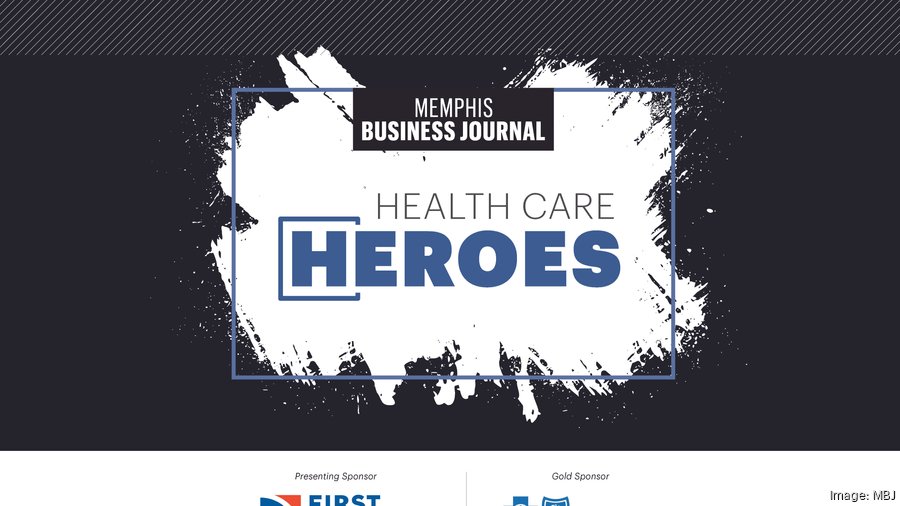






Finalists for MBJ's 2023 Health Care Heroes awards